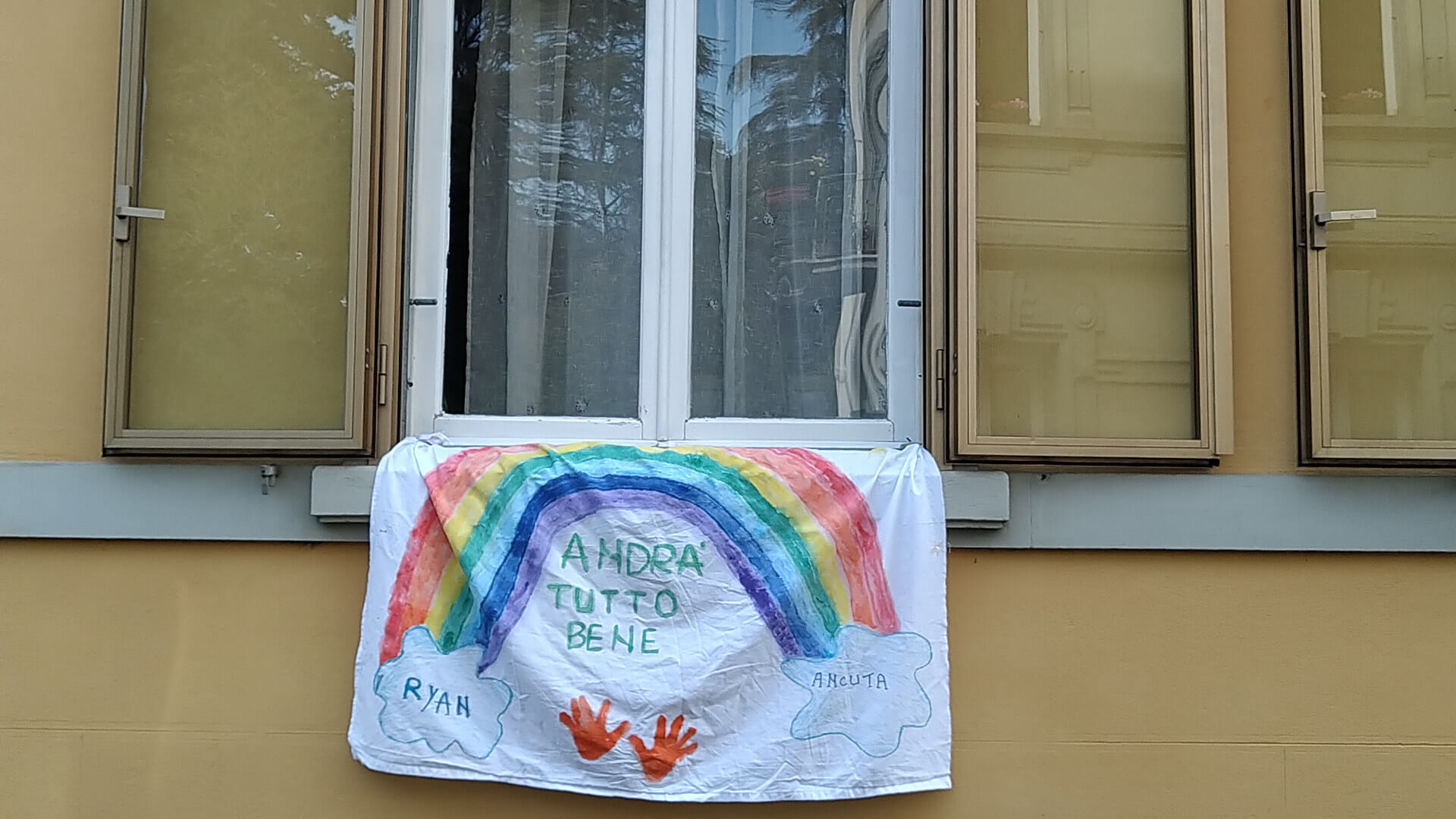The Covid-19 virus is on everyone’s mind. Many European citizens, including Migration Policy Centre (MPC) staff here in Florence are under lockdown, having our mobility rights significantly constrained and required to keep contact with other people at almost zero. From countless apartment balconies hang banners proclaiming andrà tutto bene (everything’s going to be alright). Yet, understandably, many people are fearful and anxious. Medical research shows that Covid-19 forced quarantine can have long-lasting effects can lead to post-traumatic stress disorder symptoms (PTSD) and severe depression. Studies in Toronto analysing the psychological costs of previous SARS outbreaks found that 29 percent of those quarantined showed PTSD symptoms while a further 31 percent had symptoms of depression. It’s not only the uncertainty and isolation. We have lost our daily routines, our usual work or study environments that provide us with much needed stability.
Before coming to the MPC, I worked with refugee and asylum seeker populations. This was when I found out about PTSD and how trauma manifests itself. I was working with unaccompanied minor asylum seekers at first, some of whom were self-harming, some even attempted suicide. Not all of my clients had mental health problems, but, as the Covid-19 pandemic shows, people react very differently to stressful and isolating situations. Some, including displaced people who have faced strenuous journeys, are resilient, but others are not. Some were severely depressed, and consequently had concentration issues and learning difficulties. The situation was not helped by the uncertainty while undergoing asylum procedures with often severely restricted mobility/liberty and isolated accommodation for asylum seekers. Research shows that prolonged detention, insecure residence status, lengthy refugee determination procedures, a lack of opportunities to work and study, and a lack of connectedness to others can exacerbate PTSD and depression.
This is a part of a blog post published by Leila Hadj Abdou.
